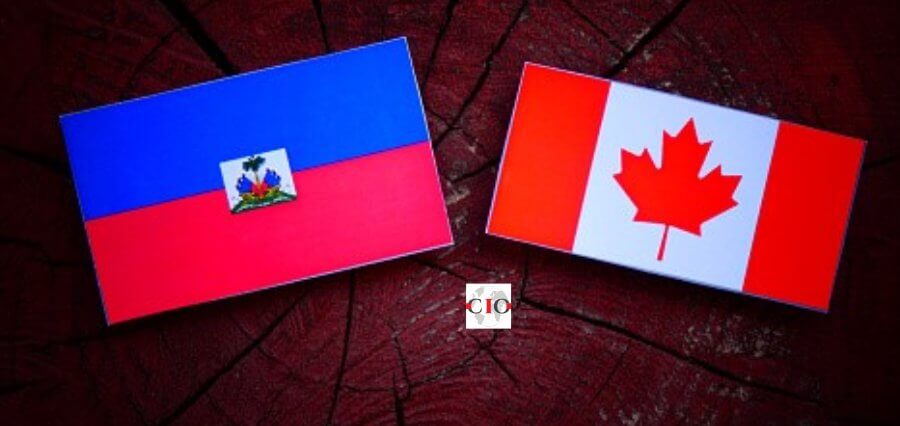Canada is sticking to its plan to assist Haiti by increasing funding for the Haitian National Police. Prime Minister Justin Trudeau avoided direct questioning.
On Thursday, the Canadian government demanded whether Canada had been asked to lead a military intervention in Haiti. He stated that Canada’s response in Haiti is guided by lessons and “difficult experiences” from previous interventions and missions.
Overview
“Canada is elbow deep in attempting to assist,” Trudeau said in Nassau, Bahamas. “The best thing we can do to assist is to allow Haitian leadership and the patient people to drive their own path out of this crisis.”
According to Trudeau, Canada would send two navy vessels to the Haitian coast as part of a surveillance and intelligence operation. Trudeau stated that the navy vessels are deployed to deter gangs from using waterways as “an extra sphere of influence.” He added that they would not be present to intercept migrants.
“They are there to help the Haitian National Police control gang activity in Port-au-Prince and along the coast,” Trudeau told reporters after two days of meetings with Caribbean Community (CARICOM) leaders.
Haiti and climate change dominated the leaders’ agendas. Along with the two ships, Canada will fly three MRAPS purchased by the Haitian National Police to the country “in the coming days.”
The Canadian prime minister stated that his government’s priority is to intervene in an “atrocious situation” by strengthening Haiti’s National Police. “What is happening in Haiti is heartbreaking, and we need to do everything we can to help.”
Final Note
For months, the White House and the Canadian government have emphasized the importance of finding a Haitian-led solution to keep the country from devolving further into lawlessness.
Canada has used sanctions to stifle financial flows to Haitian officials and gangs linked to violence in the country. This strategy saw the addition of two names to a list of 17 sanctioned individuals on Thursday.

